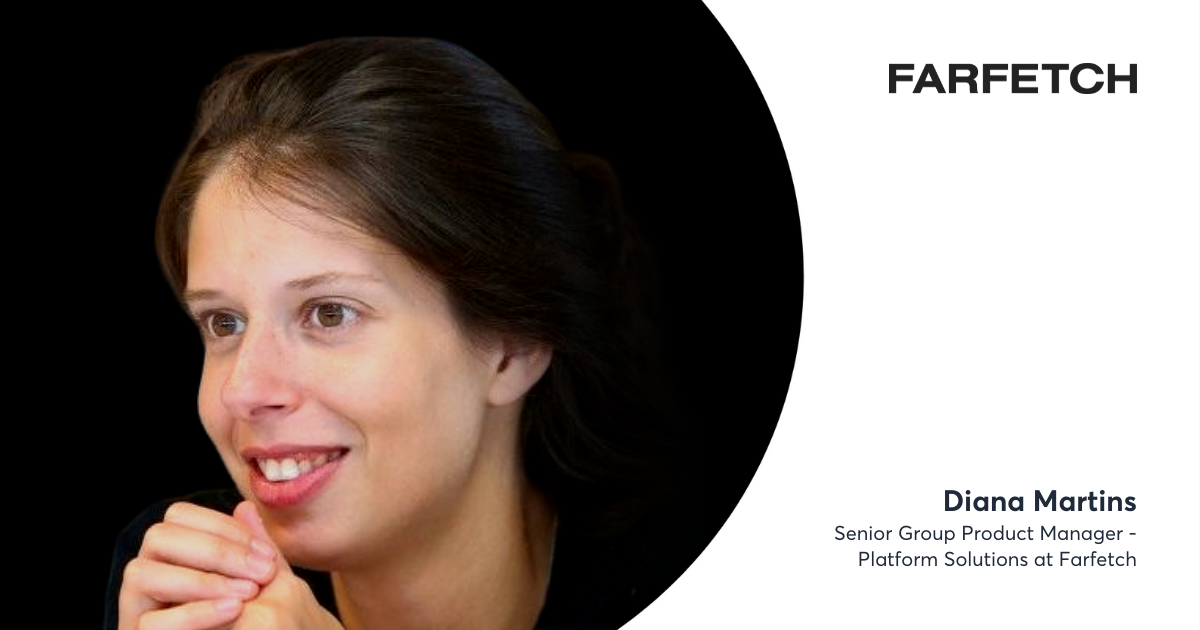How Businesses Can Make Their Supply Chains More Sustainable?

Project X Global is a WWF-founded corporate accelerator that helps organizations adopt sustainable innovations throughout their supply chain.
In this Disruption Talks episode, we spoke with Frederic Hoffmann, Chief Development Officer at Project X Global, about how they approach sustainability.
Filip Sobiecki: Could you give us a brief introduction about your background?
Frederic Hoffman: My background is in environmental policy. I spent a few years in venture capital, in the food and agricultural value chains. That’s a really exciting space where people and economies come together to discuss the benefits of healthy ecosystems.
With Project X, what’s interesting is how you can leverage value chains to adopt large-scale sustainable solutions. It’s exciting to be supporting innovation in a way that’s not just monetary, as you would with a venture capital fund but is more holistic.
What’s a day in the life of a Chief Development Officer like?
There’s a lot of Zoom at the moment. We like to question why people act and how we can help them change the way they act in the long term.
A lot of my job is about personalizing, understanding, empathizing why people are doing this, and then building systems and incentives that move us towards being more sustainable.
What are the top 10 value chains you’re working on?
Our 10 in 10 (ten industries in ten years) program is based on a study from 2018. It singled out the value chains that were the most impactful and the most likely to generate change at scale.
On the list are the food and beverage industries, animal protein, textiles, utilities, crop production, transport, and so on.
Can you tell us more about the pilot program, Feed-X?
This is an area where there are significant gains to be made in terms of carbon reduction but also its impact on biodiversity. For example, farmed fish is reliant on wild-caught fish protein. Another area of concern is soy. There’s a big demand for alternatives to soy because of its link with deforestation in the Amazon.
We’re not saying we need to get rid of everything and replace it with one solution. What we’re doing is bringing in different alternatives and growing them into the value chains. We’re conscious that this will not stick unless it’s good business practice. It needs to be profitable or better than business as usual.
With Feed-X, we’re currently in a stage five test. We have five steps of de-risking and four steps of maximizing impact. In the de-risking steps, we walk through the problem and peel back the layers to learn more about the problem.
We’ll look for the main source of the problem. For example, in fishing, is it what the nets are made of? Is it the species we’re cultivating? Is it actually the feed, which was the case here. We identified that it’s the presence of wild-caught protein and soy within the feed that is the root problem.
After that, we work with corporates and try to find innovators who then provide solutions that we can test out. So, that testing phase is where we’re at now.
We’ve seen some promising results and hope to move on to the scaling phases shortly. Our whole process is designed to reduce risk and to make it difficult to say no because it’s a no-brainer to adopt a sustainable alternative.
What’s your roadmap for the next ten years?
This decade is really the decade of action. We have just under ten years to accomplish many of the public agreements for decarbonization. We have these ten-value chains which we want to shift, so our goal is clear.
We’re developing our next value chain, which will likely be soil regeneration. That’s a big opportunity to support the transition towards regenerative farming practices. There’s also a big interest in working with the poultry sector as well.
We are also raising £1 million pounds to fund Feed-X and then a further £10 million to fund the ten value chains.
How do you identify a good partner to work with?
The transition towards sustainability is urgent, but it can only happen with people who believe in it. Some will gladly slow the system down because they don’t see a direct benefit in acting fast. So, the number one thing for me is that you believe in this as much as I do.
To contradict myself immediately, I also think it’s incredibly important that we’re not snobby about who we work with. Everyone has something to bring towards systems change and sustainability. We need to recognize that it’s a diverse world, and it’s not just the industries that will lead us there. It’s not just the innovators. It’s the consumers as well.
Is it more the responsibility of corporations or people when it comes to sustainability?
You cannot blame anyone within the system because it’s a result of many years of poor decision-making and poor political decisions.
Looking at the epidemic of obesity, this is more about the lack of choice in food. There’s been a terrible drive to the bottom in terms of access to nutritional food. The fact that the amount of malnourishment is equal to the amount of obesity is evidence that people have unhealthy access to food.
Is it the fault of corporates alone? No, I don't think so. Do they have a role? Yes, definitely. It is a lot cheaper to use refined flours and refined sugars in baked goods, for example, and they do last a lot longer on the shelf. That price is passed on to the consumer, so everybody, in a sense, pays less. But in the long run, they pay more.
Governments have a responsibility to recognize that there have been a few awful decisions made since the industrialization of food production.
What do you predict will be the environmental problems of the future?
First of all, we'll never accomplish sustainability. Sustainability is a concept, which just means that this generation accesses resources in a way that doesn't hinder the next generation’s access to the same resources. We will always be thinking about sustainability.
One thing we’ll need to think about is the cost of the world going online. We have an idea of what data centers are costing us from an environmental perspective. Will this be the next generation’s environmental problems? Maybe.
How did becoming a B-Corp effect Project X Global?
The choice to become a B-Corp was very natural. It made a lot of sense, and we’re delighted that both Project X and Netguru are B-Corps.
It’s a great community, and we keep challenging each other to do better every year. You can't always be green; you have to try to be greener than yesterday. That's why we see this as a process, not as a state.
What helps guide you through any internal debates, either for yourself or Project X Global?
Each idea needs to be built on solid scientific inputs to remove that emotional argument. It may be your emotions that inspire you to make positive changes, but what you decide needs to be based on sound reasoning.
If you could give every 12-year-old in the world a special skill or knowledge, what would it be?
I think knowledge of self. Understanding that you can’t know everything, and you need a critical eye for the world around you. There’s so much misinformation, so much battle for your eyes, your wallet, and your time. I think it’s a really powerful tool for a child to ask, “who am I in all this? What do I represent?”
How do you ensure that the company you are accelerating isn’t doing so for greenwashing purposes?
It’s a big problem in our industry. The first step is to be aware of it. Other than that, it’s a question of intentionality. Are they just doing it for an advertising campaign with no intent to change? In that case, we couldn’t work with them.
To protect ourselves from falling into that situation, we focus on measurements and monitoring, working with science and with experts from different fields.
What do you think of crowdfunding companies like Time for the Planet?
Crowdfunding is a really powerful tool. It humanizes the transition. I think crowdfunding has a big role in getting economies to work more for the people rather than for the system.
This discussion is part of our Disruption Talks recordings, where we invite experts to share their insights on winning innovation strategies, the next generation of disruptors, and scaling digital products. To get unlimited access to this interview and many more, sign up here: www.netguru.com/disruption/talks







